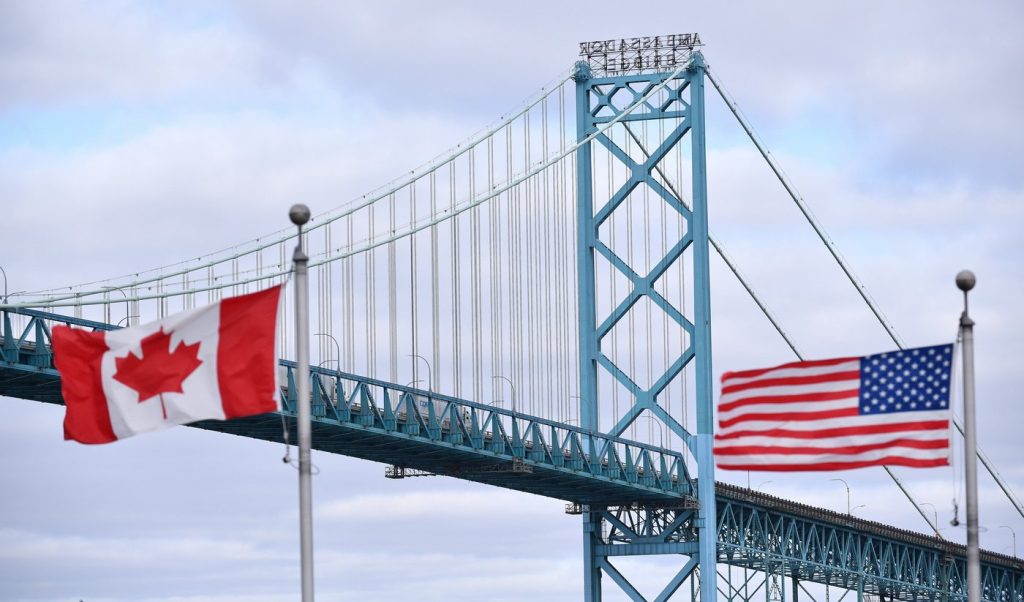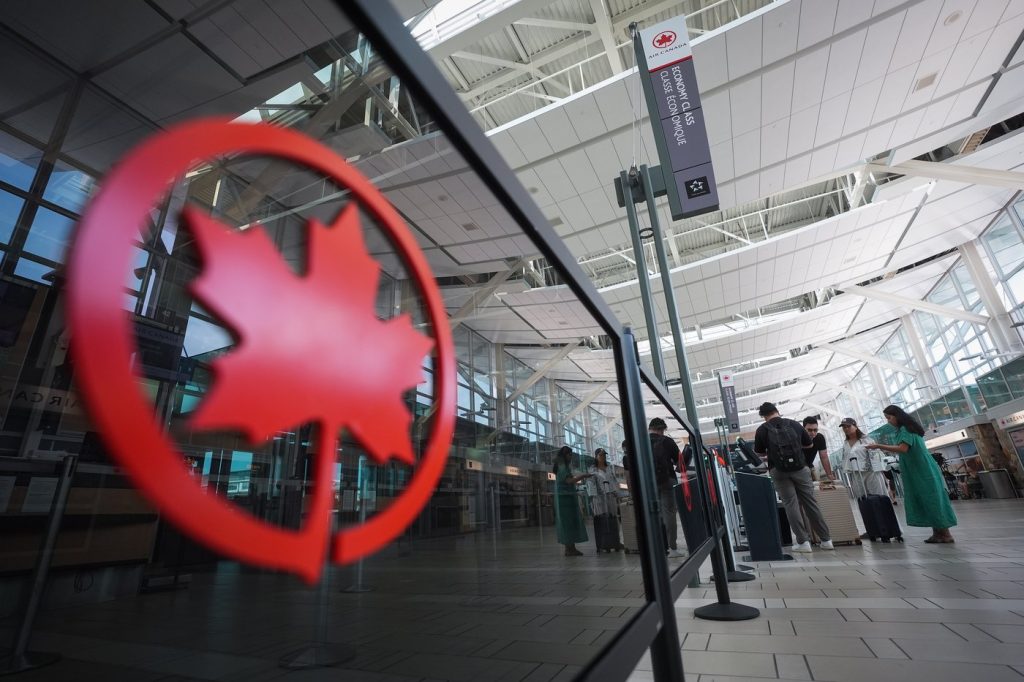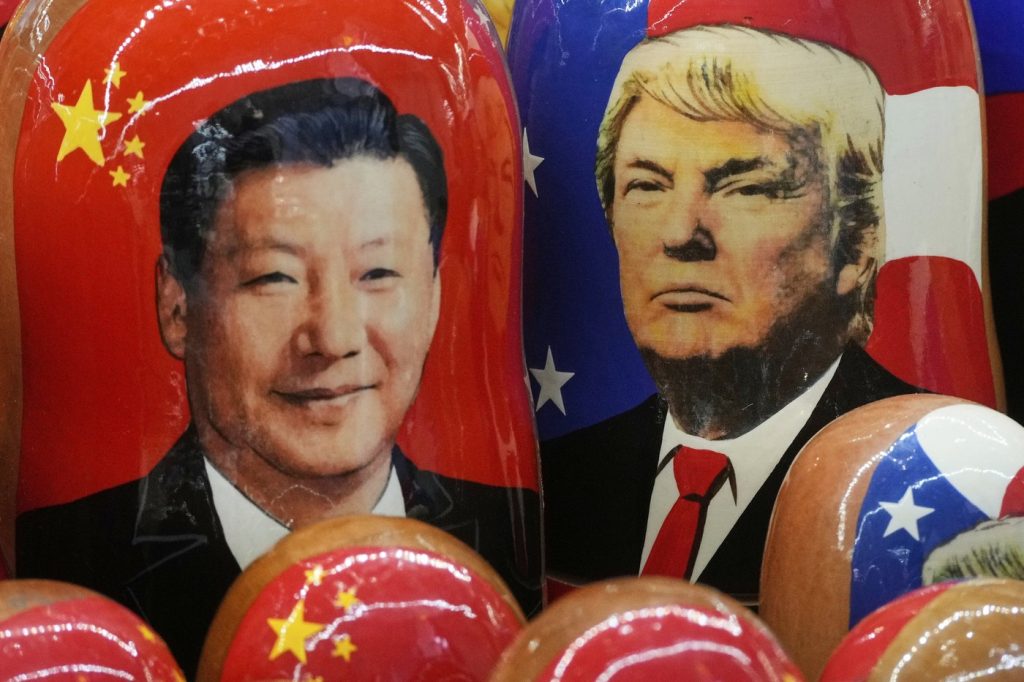Canadian auto parts companies are reporting that the current North American trade agreement, the Canada-U.S.-Mexico Agreement (USMCA), is serving as a buffer against the increasing tariffs imposed by the United States. Recent earnings reports from key industry players Martinrea International Inc. and Linamar Corp. underscored the positive impact of compliance with the USMCA, despite ongoing tariff disruptions.
In an earnings call, Linda Hasenfratz, the executive vice-chair of Linamar, emphasized that the myriad of tariffs implemented over the past several months has had minimal impact on their bottom line. "Despite the myriad of tariffs put in place over the last several months, Linamar can continue to have minimal bottom-line impact," she said, noting that while there are some tariff effects, they are not material.
Hasenfratz explained that a significant factor in mitigating tariffs is the compliance of their products produced in Canada and Mexico with USMCA regulations. "Our products are USMCA compliant for virtually everything we ship into the U.S., meaning no tariffs for our customers on the mobility side," she added. This strategic positioning allows both Linamar and its customers to avoid additional costs associated with tariffs.
Additionally, Hasenfratz highlighted a corporate strategy focused on producing in close proximity to their customers instead of outsourcing to low-cost labor markets in regions like Europe or Asia, where tariffs would otherwise apply when shipping products to the United States. Furthermore, she pointed out that Linamar maintains a small footprint in the U.S., with only 10 out of 75 global plants located there, thus reducing potential tariff impacts overall.
Martinrea International also shared insights into their management of tariff impacts. CEO Pat D’Eramo noted that USMCA-compliant auto parts are exempt from Section 232 auto tariffs, which is beneficial for the company and the broader industry. However, he acknowledged that there may be some exposure to tariffs related to products sourced from tier two suppliers and components affected by steel and aluminum tariffs. "There is some tariff impact in our results," he stated during the earnings call.
Robert Wildeboer, the executive chairman of Martinrea's board, expressed an optimistic outlook for the upcoming year but cautioned that it hinges on the performance of the North American economy in the months ahead. "The tariff bite has not been nearly as bad as the tariff bark," he remarked, indicating that the anticipated adverse effects may not materialize as severely as expected.
Despite the manageable tariff landscape, Hasenfratz voiced concerns regarding the long-term implications for their automaker customers. She pointed out that the costs incurred by customers due to tariffs are significant, potentially reaching billions. This raises worries about how vehicle pricing, and consequently demand, could be affected in the future.
In terms of financial performance, Martinrea reported a profit of $38 million during the second quarter, a decline from $40.97 million in the same period the previous year. The company has reaffirmed its sales outlook for the year, anticipating annual sales between $4.8 billion and $5.1 billion and free cash flow between $125 million and $175 million, despite foreseeing lower sales in the latter half of the year compared to the first half. Their total sales for the quarter were recorded at $1.27 billion, down from $1.3 billion year-on-year.
Linamar also reported a decline in profits, with net earnings falling to $126.9 million in the second quarter from $174.1 million during the corresponding quarter in the previous year. The Guelph, Ontario-based manufacturer noted that its sales totaled $2.6 billion for the quarter, a decrease from $2.8 billion a year earlier. This downward trend in profitability underscores the challenges that the auto parts sector continues to grapple with amid fluctuating tariffs and market conditions.












